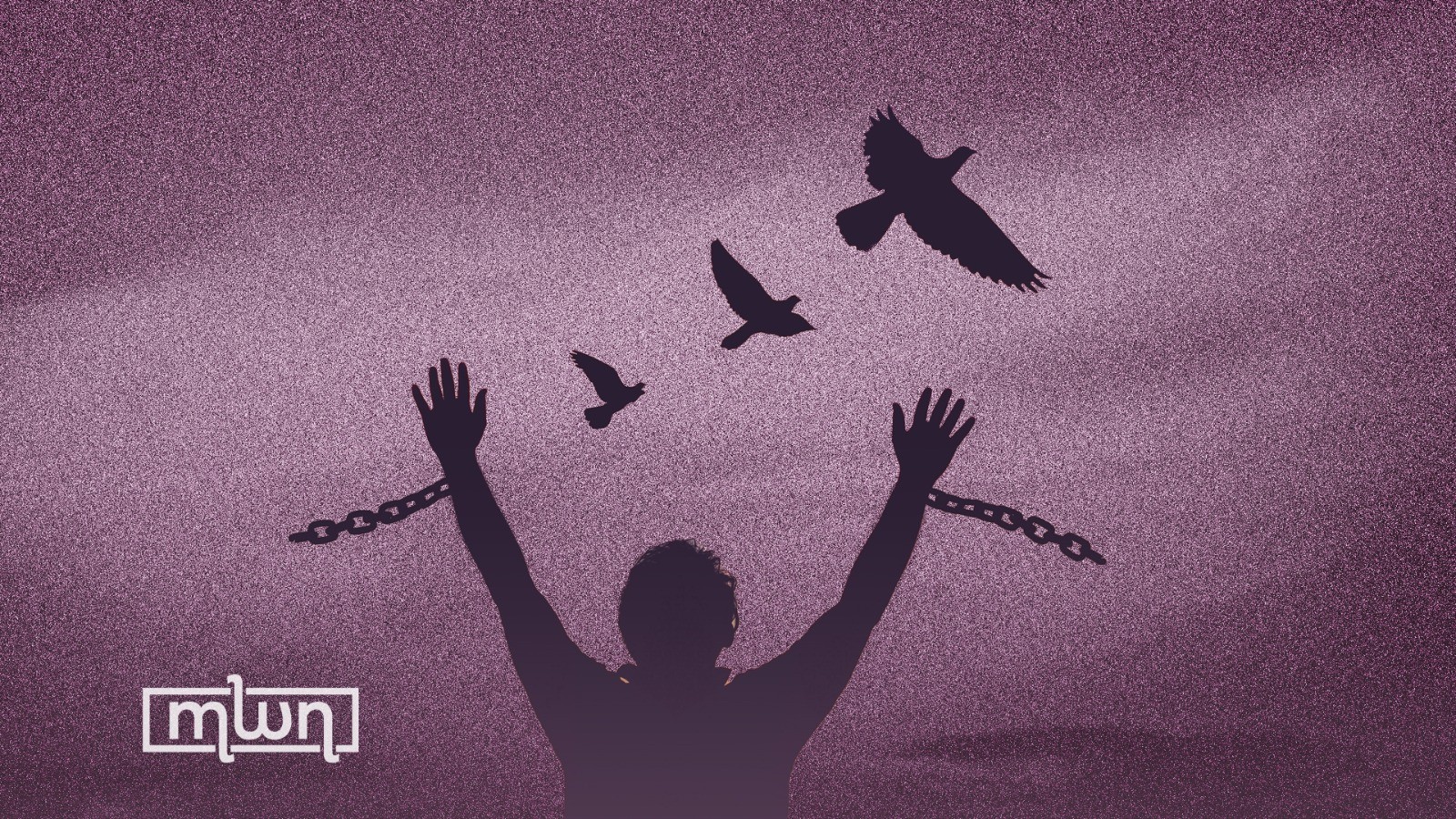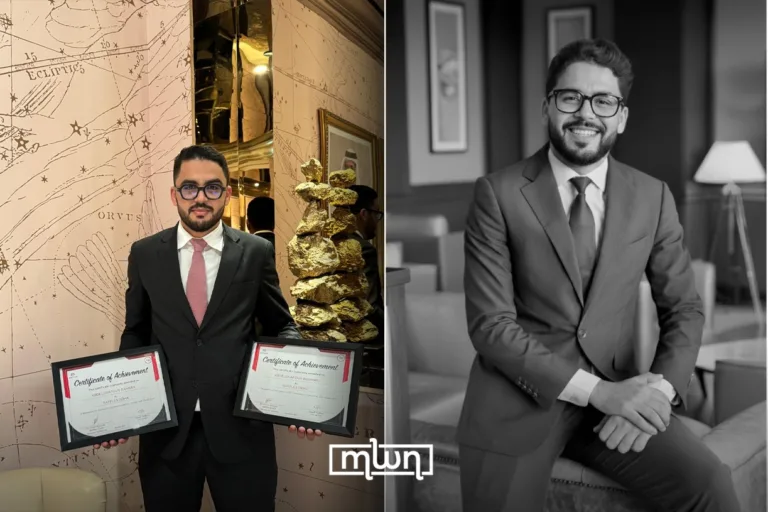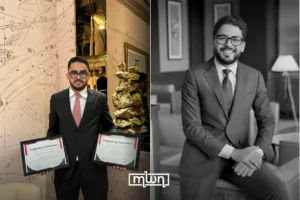Marrakesh – In our modern hustle, we often hear about the importance of self-care, mindfulness, and all the other buzzwords that promise a more serene existence.
But what if I told you that the secret to inner peace lies not in a fancy yoga retreat or the latest superfood smoothie, but in the simple act of letting go?
Yes, darling, I’m talking about forgiveness.
Let’s be honest: forgiveness is hard. We’ve all been there; staring at the ceiling at 3 AM, replaying the hurtful words of a lover, the betrayal of a friend, or the sting of a family member’s criticism.
It’s natural to hold on to these moments, to nurse our wounds like prized possessions. But in doing so, we often find ourselves trapped in a never-ending cycle of pain.
The first step in breaking free is understanding what forgiveness is; and what it isn’t.
Forgiveness doesn’t mean forgetting. It doesn’t mean condoning the behavior that hurt us. It simply means releasing the hold that the past has on us.
It’s about reclaiming our power and choosing to live in the present, rather than being chained to the ghosts of our past.
Consider this: holding on to anger is like drinking poison and expecting the other person to die; it’s a cliché for a reason.
The longer we clutch our grudges, the more we harm ourselves. Think of forgiveness as a gift—not to the person who wronged you, but to yourself.
Forgiving is an act of self-liberation, a way to cleanse your soul and make room for new, positive experiences.
But how do we do it? How do we transform our hearts from hard stone to forgiving flesh? It starts with a choice.
Read also: Love on Pause: Inside the ‘Boy Sober’ Trend
A decision to prioritize your well-being over your desire for retribution. Here are a few steps to help you on your journey:
Acknowledge Your Pain: You can’t heal what you don’t face. Allow yourself to feel the hurt, the anger, and the sadness. Write it down, talk to a friend, or scream into a pillow if you must.
Empathize: Try to understand the perspective of the person who hurt you. This doesn’t mean excusing their behavior, but recognizing that everyone has their own struggles and flaws can humanize the situation.
Set Boundaries: Forgiveness doesn’t mean you have to welcome toxic people back into your life. It’s perfectly okay to forgive and still maintain boundaries to protect your peace.
Release: This is the hardest part. Let go of the need for an apology or an acknowledgment of your pain. Understand that you may never get closure from the other person—and that’s okay. Closure comes from within.
Focus on the Present: Once you’ve made the decision to forgive, focus on the here and now. Engage in activities that bring you joy and surround yourself with positive influences.
Forgiveness is a journey, not a destination. There will be days when the anger creeps back in, when the wounds feel fresh.
But with time and practice, you’ll find that those moments become fewer and further between.
You’ll start to feel lighter, more at peace, and more open to the beauty that life has to offer.
So, next time you’re tempted to hold on to a grudge, remember this: forgiveness is the ultimate act of self-care.
It’s not about them—it’s about you. It’s about setting yourself free and embracing the life you deserve. Because you’re worth it.
















